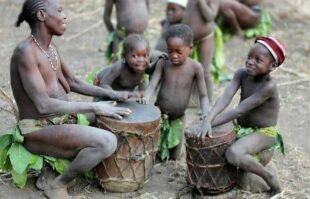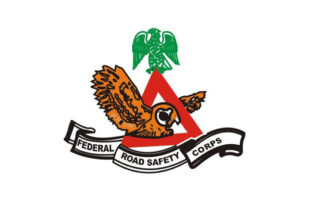Situated almost at the geographical centre of Nigeria and about 179 kilometres from Abuja, Jos, popularly known as J-town, is the capital city of Plateau. It is often referred to as the middle belt region of Nigeria. At a height of roughly 1,238 meters (4,062 feet) above sea level, the city is situated on the Jos Plateau. Jos was a significant tin mining centre during British colonial rule and is now the state’s trading centre as commercial activity grows rapidly.
Jos is situated alongside the Delimi River and is close to the Jamaari River’s source, the Bunga, farther downstream. The town, which was formerly the location of Geash, a village of the Birom people, quickly expanded after the British learned, in 1903, of the large tin reserves in the area. Africans have long mined the metal from the alluvial beds of plateau streams like the Delimi.
Jos has been a hill resort since the start of World War II due to its high elevation and one of the coolest climates in all of Nigeria. Many of its streets are broad and bordered by trees.
In this piece, Naijabiography explores the history and culture of Jos, the capital city of the Plateau; its economic potential, the lifestyle of the people, and modern-day Jos.
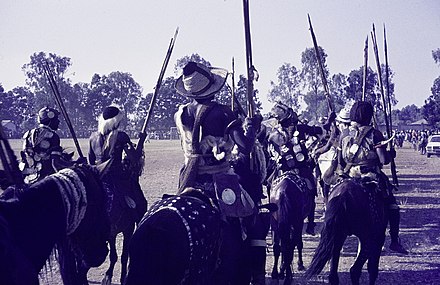
History
The Nok people, talented artisans from the Jos region who inexplicably vanished in the latter part of the first millennium, were the earliest known inhabitants of the region that would later come to be known as Nigeria around 1000 BC.
According to some historians, the region that is now known as Jos was inhabited by indigenous ethnic groups, most of whom were farmers. Also, these historians claim that because the indigenous ethnic groups on the Jos Plateau were not under the control of the Fulani emirates, where indirect rule was practised, the British colonialists utilized direct rule for them.
Except for the Plateau region and the ethnic groups of Berom, Mwaghavul, Ngas, Tiv, Jukun, and Idoma, much of northern Nigeria was under the jurisdiction of the Fulani empire. Other ethnic groups, such as the Hausa from the north, the southeastern Igbo, and the Yoruba from the southwest of the country, began to move in once the British discovered tin. As a result, Jos is frequently referred to as a modern Nigerian metropolis.
According to the white paper of the commission of inquiry into the 1894 crisis, Ames, a British colonial administrator, claimed that the name for Jos was actually Gwosh in the Izere language (spoken by the Afusari, the area’s first settlers), which was a village located at the current site of the city. According to Ames, the Hausa, who arrived there later, mispronounced Gwosh as “Jos,” and it stuck.
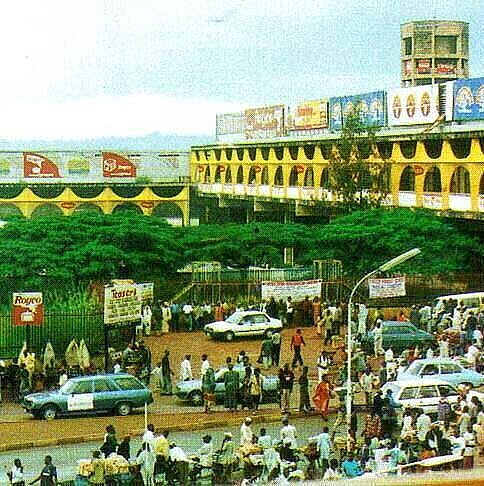
Another explanation revealed that “Jos” originated from the Arabic word “Jasad,” which means “body.” The name “Jas” was given to set it apart from the hilltops, but the British mispronounced it as “Jos.” After the British discovered significant tin deposits nearby, the area expanded quickly. Up until the 1960s, the region saw substantial mining for both tin and columbite.
History has it that they (British) were delivered by train to the coastal ports of Port Harcourt and Lagos, where they were later exported. Jos is still frequently called “Tin City.” In 1967, it was designated as the Benue-Plateau State’s capital, and in 1975, the new Plateau State annexed it.
The national administrative, commercial, and tourism hub of Jos has grown in importance. More than half of the people in Jos are migrants, predominantly Igbos, Yorubas, and Europeans, who have arrived as a result of tin mining. Jos is one of the most multicultural cities in Nigeria as a result of this “melting pot” of race, ethnicity, and religion. Because of this, Plateau State is referred to as the “home of peace and tourism” in Nigeria.
Territory
Jos, unlike any other capital city, is located in the centre of Nigeria, which is about 111 miles from Abuja (Federal Capital Territory). According to research, Jos is linked by road, rail and air to the rest of the country, and it is served by Yakubu Gowon Airport. Also, its rail connections are currently operational on the section of Nigeria’s rail network that is the western line between Lagos and Kano.
Jos has a climate more akin to a temperate region than the vast rest of Nigeria due to its elevation of 1,217 m (3,993 ft) above sea level. The average monthly temperature is between 21 and 25 °C (70 and 77 °F), while between mid-November and late January, the lowest nighttime temperatures are 7 °C (45° F). Because it is colder at high altitudes during the rainy season, hail occasionally occurs.
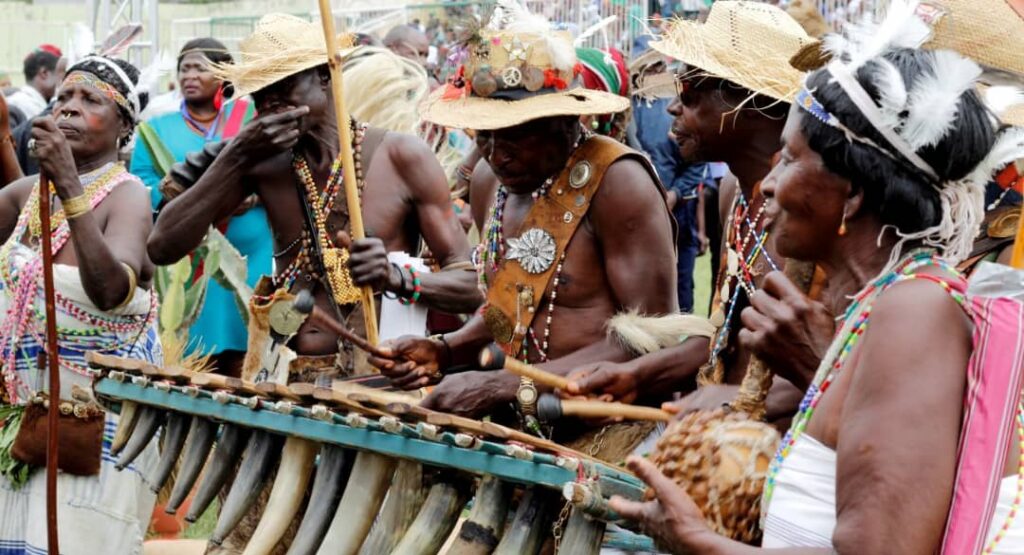
From colonial times to the present, Jos has been a popular vacation destination for Nigerian ex-pats as well as visitors due to its cooler weather. Due to the city’s location on the Jos Plateau, Jos receives roughly 1,400 millimetres (55 inches) of rain yearly, with precipitation coming from both orographic and conventional sources.
Political Structure
The Executive Governor of Plateau State is Rt. Hon. Simon Bako Lalong, who was sworn in as the 5th governor of the state on the 29th of May 2015. In addition, the city is known as the “Home of Peace, Tourism, and Hospitality,” where the major administrative activities are carried out.
The city is divided into the Jos north, Jos south, and Jos east local government regions. Between Jos North and Jos South is the actual city. Also, the famous National Center for Remote Sensing is located in Jos East. Jos North is the state’s capital and the location of the majority of the state’s business activity. However, many of these are now moving to Jos south as a result of recent communal confrontations.
In Jos North, a neighbourhood known as “Jise” in Berom, “Gise” in the Afizere (Jarawa) language, or “Tudun-Wada” in the Hausa language, is where the governor’s office is situated. Major slums can be found in Jos North.
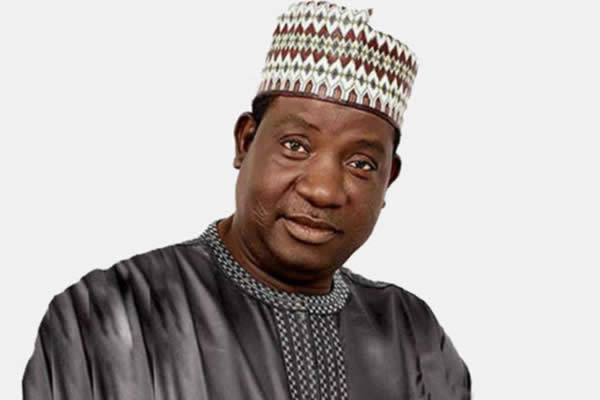
Due to the presence of businesses like the NASCO group, Standard Biscuits, Grand Cereals and Oil Mills, Zuma Steel West Africa, aluminium roofing industries, and Jos International Breweries, among others, Jos South serves as both the Plateau State’s industrial hub and the residence of the Deputy Governor, who is based at the old Government House in Rayfield.
The National Veterinary Research Institute, the Police Staff College, the NTA Television College, and the Nigerian Film Corporation are among the esteemed institutions that are located in Jos South. NIPSS is the top academic grant institution in Nigeria. The University of Jos and its teaching hospital are situated in Jos North. The city and the town of Bukuru have combined to form the Jos-Bukuru metropolis (JBM).
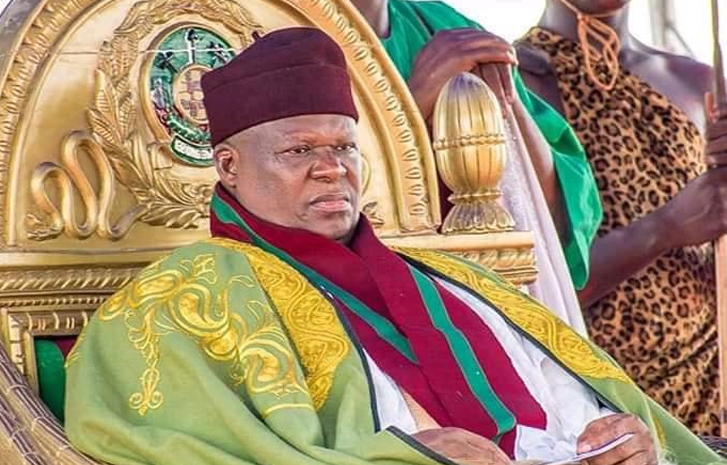
Economy
Naraguta Hausawa (3.5 miles north), a center for tin-working since the 18th century, started mining in 1905. In order to export the metal, it was transshipped from Loko on the Benue River (150 miles southwest) to Forcados in the Niger Delta.
The standard-gauge railway extension from Port Harcourt in 1927 opened a more direct route to the Niger delta ports, and the Bauchi Light Railway was shut down in 1957. The Bauchi Light Railway was built in 1914 to transport tin from Jos and nearby Bukuru to Zaria (114 miles northwest), and from there by main rail line to Lagos.
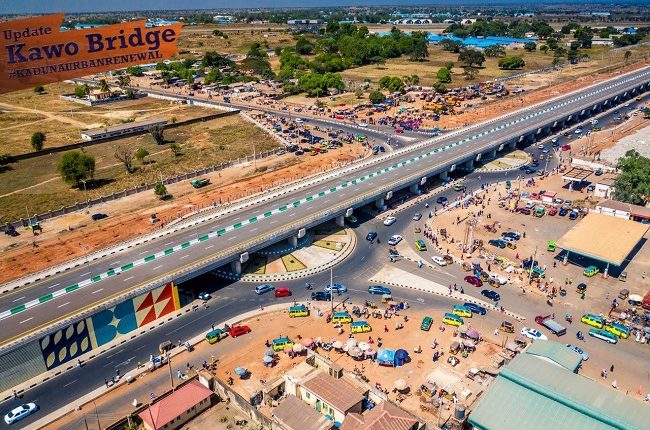
Columbite mining became significant during World War II, and smelters were built close to Jos in the early 1960s. The importance of mining declined as the country’s economy started to rely more heavily on the petroleum sector later in that decade. Kaolin deposits, which are related to the tin fields and are also exploited commercially, are deposits of clay used in ceramics. Food processing, beer brewing, furniture manufacturing, and soap and cosmetics production are some of the additional local businesses. Crushed stone is produced by heavy industries. A building industry hub, Jos is home to a number of printing and publishing companies.
Although historically some Birom resided in the town and worked in the mines, by 1905 the mining richness had brought many outsiders, including Hausa, Igbo, Yoruba, and Europeans, to Jos. The main food crops in the region are sorghum, millet, and acha, also known as hungry rice, but nearby farmers also grow cash crops including yams, potatoes, cassava (manioc), corn (maize), and green vegetables for the Jos market. The dairy in Vom, located 18 kilometres to the south-southwest, provides milk products.
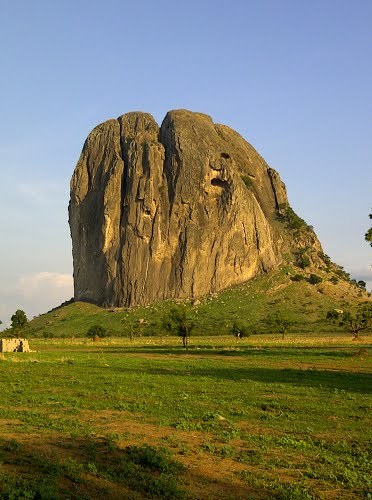
Modern-Day
The Nok culture, which flourished in the region most likely between 500 BCE and 200 CE, produced figurines made of terra-cotta. Since 1952 till date, bronze, brass, wood, and pottery objects have been on display in the Jos Museum, which also houses examples of these figurines.
The museum runs a school for museum technicians (in collaboration with UNESCO). In addition, the city is home to a zoo, a wildlife park, an arboretum, and an outdoor museum of traditional architecture. The Federal School of Medical Laboratory Technology is situated in the town, as is the University of Jos, which was founded in 1975 and has a teaching hospital. Furthermore, general and specialist hospitals supported by the public, private, and religious sectors are available in Jos.
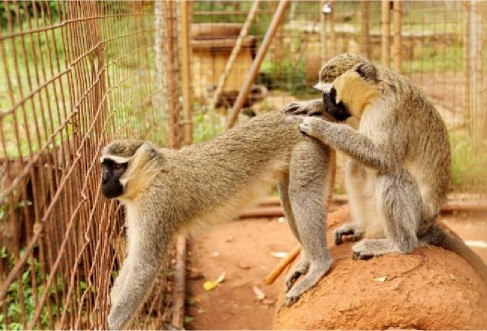
Some of the tourist centres and infrastructure in Jos include Jos Wildlife Park, Jos Stadium, Jos Golf Course, Jos Golf Course, etc. Also, there are several notable people in Jos, such as P-Square (R&B duo of identical twin brothers, Peter and Paul Okoye, who were born and raised in Jos), Tony Elumelu, Ice Prince, M.I rapper, Desmond Elliot (Nigerian actor, director, and Member of the Lagos State House of Assembly), and Saint Obi (veteran Nollywood actor who kicked off his career in Jos), among others.



